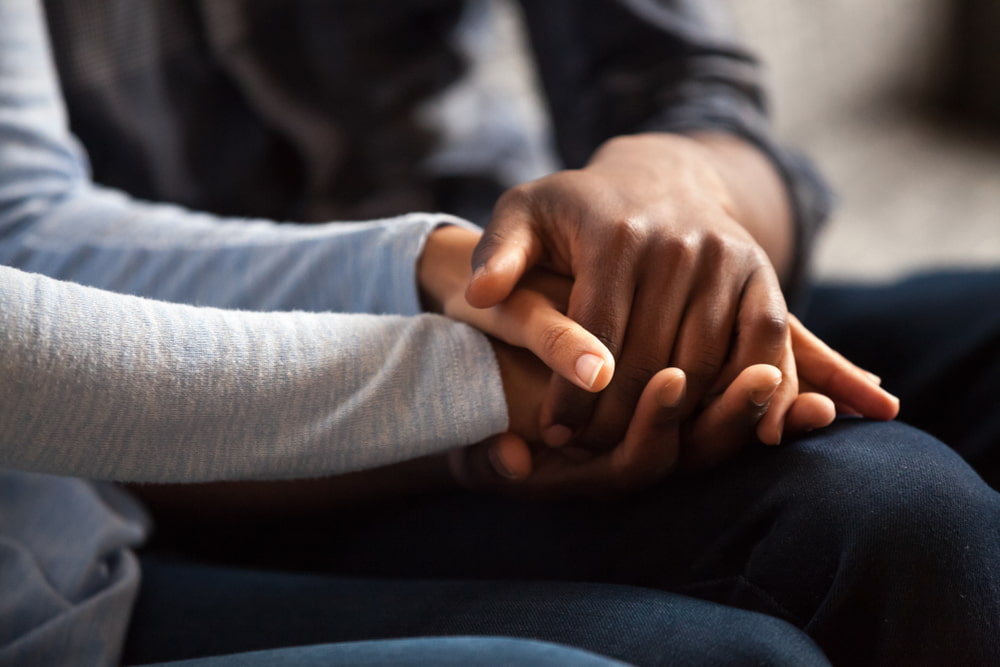“One aspect of the PIVOT process that I truly appreciate is the emphasis on the entire human experience – and not just speaking to labels. Because it’s not about what’s wrong with you. It’s about what happened to you. The PIVOT process empowers clients with life-affirming tools to connect the dots about why you do what you do – and offers tangible and practical solutions,” says PIVOT Coach and former PIVOT client Fernando. He explains that many individuals turn to drugs, alcohol, gambling, food, and other addictions to endure and survive trauma. Part of the multi-faceted process of overcoming addiction is to discover healthier and more productive ways to live in the world.
Beyond Childhood Trauma
The PIVOT process, continues Fernando, goes deeper into developmental psychology than a lot of other work he has witnessed in his career as a behavioral health professional, former professor, and supervisor to newer clinicians. Although much trauma originates in childhood, he explains that we also confront adversity when interacting with society, government, natural catastrophes, and personal issues that can’t be traced to our early years. Coach Fernando asserts that it’s also important to note that relational problems – including attachment wounds -can start in adulthood. One of Fernando’s clients, for example, had a happy and healthy childhood. Yet this client had to work through the severe trauma that began in adulthood resulting from his mother’s sudden and untimely death.
Says Fernando: “We’re all about relationships. Nobody lives on an island in a vacuum. We must relate and interact with people in our communities, our families, our workplace, and in our social circles. That’s why relational work is essential to overall well-being.”
Complete Circle
“Lori Jean’s Relational Circle Boundaries is Ph.D. level boundary work, yet it’s presented so simply. I have a master’s degree in counseling and am a voracious reader, and I’ve never seen boundary work presented in such a user-friendly way,” says Fernando.
He adds that it’s important to look at the whole perspective, which is a focus in the PIVOT process, and not be pulled into all-or-nothing thinking. “What I’ve learned and what we teach here about boundaries is that in lieu of merely having on and off switches, we can install dimmer switches. Doing so allows us to give each of our relationships the energy it deserves based on these layers and categories of boundaries.” He says that every PIVOT Coach is educated and certified in the PIVOT process, and many of these Coaches were previously PIVOT clients, too. Couples, families, and business professionals have also greatly benefited from the process.
Fernando says the process has helped him understand himself with much greater clarity and has provided him with life-changing repair tools to forge ahead. “So many people come here with a keen awareness of what’s wrong and a list of labels. Yet they don’t know what to do or what steps to take to move forward. It wasn’t until many of my clients were introduced to the PIVOT process that they could fully see themselves – and understand why they are the way they are.”
Optimized for Organization
“People who have experienced the PIVOT process – including myself – feel a lot more organized internally. Instead of feeling like I had a big mess inside my brain, I was able to organize the different parts of myself. Although this knowledge alone didn’t take anything away, my brain and my heart was tidied up. The work I did allowed me to gain a greater understanding of what happened during instrumental periods in my life; how it impacted me and others; where I am today; and where to go from here.”
One benefit to the one-week intensive at the PIVOT Glass House, according to Fernando, is the way in which the program is sequenced. Considerable thought was devoted to the way the PIVOT program – which was developed over a nine-year-period in a residential clinical setting – is curated and introduced to clients. He also says that the ability to participate in groups, one-on-one, and experiential sessions offers clients optimal benefits. “The bottom line,” explains Fernando, “is that we want to identify, restore, and repair. This process is our responsibility – and cannot be delegated to our partner or anyone else. We must be ready and willing to do our work to heal.”
He explains that we must embrace self-love before we can truly help others. “It’s important to give to others from your overflow – and not from an empty glass. If your glass is overflowing, you can give to others without ever feeling empty.”



















